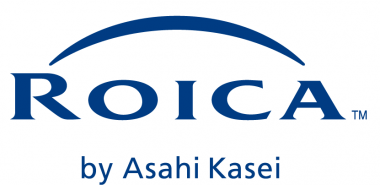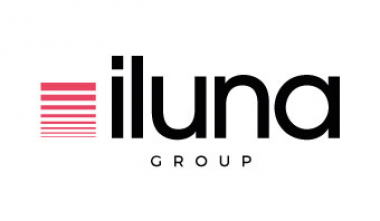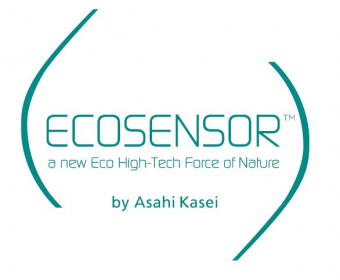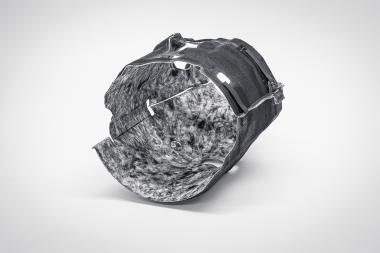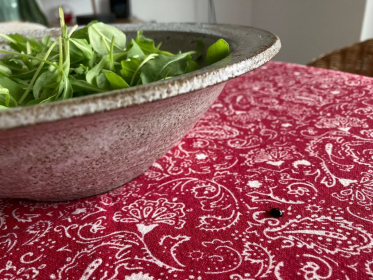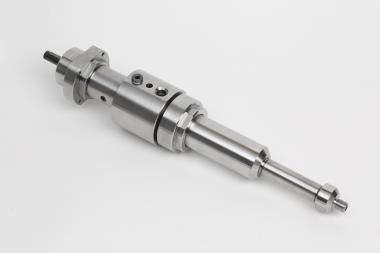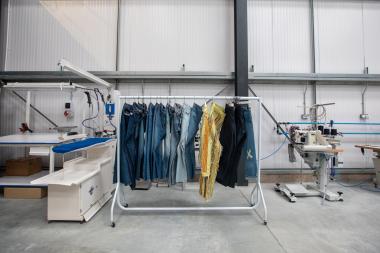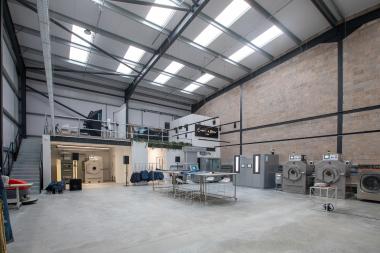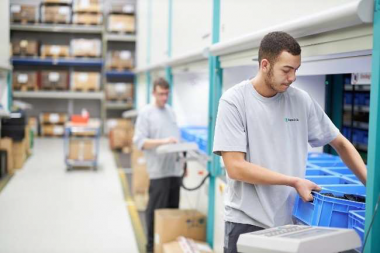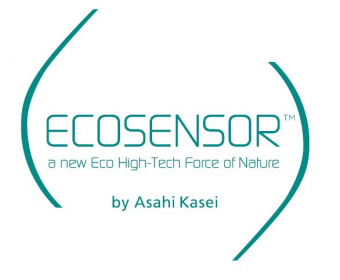ROICA™ partners at Milano Unica with their stretch-infused fabrics
ROICA™, Asahi Kasei's premium stretch fiber manufacturer, strengthens its presence in the high fashion segment thanks to its established network of partners, who will present their latest innovations - activated by ROICA™ - at the upcoming edition of Milano Unica, taking place at Rho Fiera Milano from 12th to 14th July 2022.
Going more in depth in the offers of ROICA™ partners for this season of Milano Unica, they are:
- Cifra, which presents its innovative garments for men and women, combining fashion and function. Base layers, tops, leggings and jumpsuits are made with natural yarns, or recycled pre- and post-consumer yarns in combination with ROICA™ EF, the sustainable recycled stretch yarn able to complete proposals that offer design, performance and responsibility. The design of the garments, created in Cifra's design office, offers a perfect shape with body mapping technology that creates dedicated ventilation zones, for a feeling of comfort and freshness as well as an innovative aesthetic impact.
- Iluna Group, whose journey into the new dimension of responsibility continues with developments in GRS (Global Recycled Standard) certified recycled yarns aimed at unprecedented effects in looks, performance and hands. Brand new for this edition of Première Vision is the inclusion of GOTS-certified organic cotton in GRS-certified galloons and allover lace containing ROICA™ EF, so as to meet market demands for natural comfort in the underwear sphere.
- Maglificio Ripa, which presents the Splash collection for summer 2024, developed in two major themes, united by the same focus on sustainability that results in the use of recycled pre- and post-consumer polyamide and polyester yarns including ROICA™ EF for the sustainable recycled stretch fiber. The first theme encompasses printed, 3D jacquard fabrics, ennobled by innovative processes that move the bottoms for an organic and sometimes irreverent final look. The second theme embodies a cocoon spirit, enveloping like a caress, soft as a hug.
- Penn Textile Solutions/Penn Italia, whose highlights of the new collection are on one side fabrics developed with the use of Neride eco yarns by Nurel with ROICA™ V550, characterized by restraining lace effect, soft touch and breathable, in combination with tulle as a sustainable basic, and on the other side charmeuses with soft hand, raw cut in combination with a band fabric from the dreamshape family with reinforced gripping edge, made again in Neride eco yarns by Nurel with ROICA™ V550
- Piave Maitex, whose orientation is, as always, to present new products with the right balance between technological innovation and aesthetic look, between fashion and comfort, proposals that include sustainable fabrics made in recycled polyester, polyamide and the sustainable recycled stretch fiber ROICA™ EF, three-dimensional and optical, perforated, plush effects, made by prioritizing technical functionalities such as waterproofness, breathability, transfer and moisture management, opacity and anti-UV as well as anti-abrasion.
- Sitip, which is one of the premium partners, together with ROICA™, for the creation of the first Scott Racing Team’s responsible biking uniform. This year, the evolution of research and development has also led to the creation of new responsible shorts, made with NATIVE-THUNDERBIKE POWER fabric by Sitip in recycled polyamide and ROICA™ EF yarn by Asahi Kasei. A fabric designed for high-performance sports, particularly suitable for making cycling pants for its maximum coverage and UV protection - thanks to ECLIPSE Sun Protection technology - breathability, comfort and fit. Also the shirt has been produced with Sitip recycled fabrics - NATIVE-BICIMANIA and NATIVE-PIRATA - made with Asahi Kasei's ROICA™ EF sustainable, stretch and certified recycled yarns.
ROICA™ Asahi Kasei Milano Unica Cifra ILUNA Group Maglificio Ripa Penn Textile Solutions PIAVE MAITEX SITIP
C.L.A.S.S.







